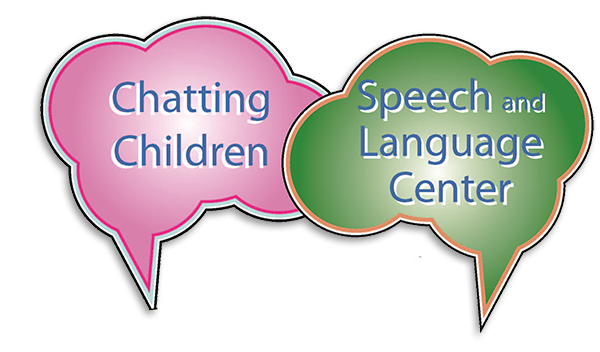Apraxia is a neurological motor speech impairment. A child with apraxia knows what they want to say but there is a breakdown in the transmission of the message from the brain to the mouth. Children with apraxia have difficulty positioning and sequentially moving muscles for production of speech. Children who suffer from apraxia do not necessarily exhibit obvious muscular weakness in the mouth muscles (i.e., jaw, cheeks, lips, tongue). Imagine the brain as a computer. Having apraxia is like having a “bug” in a computer. You hit the letter /k/ on the keyboard but somewhere between selecting /k/ and what is produced on your screen, the message is altered. Similarly, a child with apraxia may want to say /k/ but they are unable to coordinate their mouth muscles to do so, even though they sent the correct message. Just as we become increasingly frustrated with computers, children with apraxia may become frustrated when trying to produce a word or sound correctly.
Apraxia is not easily diagnosed because the symptoms vary from child to child. Additionally, there are can be other conditions that are associated with apraxia (e.g., hypotonia, sensory integration disorder, autism). A child with apraxia may demonstrate some or all of the following characteristics:
- Pointing or grunting to communicate
- Groping or making unusual movements of her jaw, lips and tongue
- Understanding most of what is said to her but unable to respond
- Omitting or adding speech sounds in words
- Reversing sounds (e.g., saying “tac” for “cat”)
- Producing sounds or words automatically but having more difficulty when it’s volitional
- Having more difficulty producing consonant sounds than vowel sounds
- Experiencing more difficulty with longer, multi-syllabic words (e.g., umbrella)
- Speaking too slowly or too fast
- Using a word one day and then not saying it again for days or even weeks
A certified speech-language pathologist will work with your family, your child’s pediatrician, teachers and any other professionals to develop an appropriate treatment plan. To enhance the benefit of therapy, your child should be treated on a weekly basis. Depending upon the severity of the case, your child’s therapist may recommend therapy once a week or possibly more. Parents should consider finding a therapist who is trained in PROMPT (Prompts for Restructuring Oral Muscular Phonetic Targets) therapy. This technique is a tactile-kinesthetic approach that uses touch cues to a child’s mouth muscles (jaw, tongue, lips) to manually guide them through a sound or word. The technique develops motor control and the development of proper oral muscular movements. The duration of therapy depends on the severity of the condition. Parents should be committed to therapy. Most therapists will provide activities for the home and school environments. It is imperative to follow through with homework activities on a consistent basis to achieve positive results.

